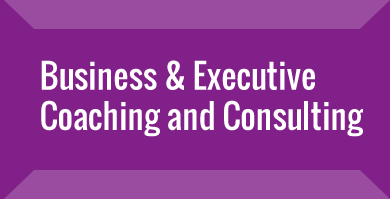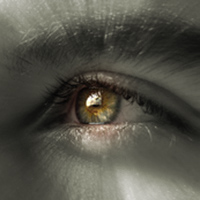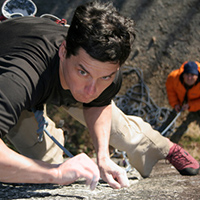Have you ever missed hearing and remembering what someone said and then acted upon incorrect information? Perhaps you have not seen something visually important while operating equipment or you’ve missed an important detail when studying a contract or instructions. Or, you may be prone to being physically awkward and clumsy when doing hands-on activities. These sensory mistakes occur each day in our personal and professional lives. Alarmingly, they often occur when we are completely unaware of them. Your everyday mistakes may be impacting negatively on your job performance.
Is it possible they may be placing your life and the lives of others at risk?
Neuroscience provides the insights and solutions to understand the phenomena of sensory “blind spots.” Your brain is wired to optimally take in sensory information in a preferred sequence of sensory pathways. The last sensory pathway in your sequence of the following is your “blind spot.”
Visual (“picture smart”)
Auditory (“word and sound smart”)
Blind spots are what you normally pay least attention to, but use in everyday situations. Because you do not pay as much attention to these sensory pathways, you often miss information that comes through these channels.
Stress, worry, anxiety and distractions increase the probability of paying even less attention to your “blind spot.” It’s important to know your blind spot on an individual and team basis to avoid mistakes and costly accidents. Imagine what might happen if a pilot and co-pilot both had Visual “blind spots” in an emergency situation.
Which category do you relate to the most? This may be your sensory “blind spot.”
Auditory
- Misunderstanding or not hearing a verbal instruction or alert
- Not attending to a sound that may signal danger
- Difficulty finding the right words to express what you are thinking
- Tuning out during lecture and auditory situations
Visual
- Ignoring or not seeing what’s important
- Loss of focus on objects, visual media, gauges and screens
- Difficulty with written instructions/tests, comprehensive data and filling out forms
- Incomplete visual observations and sensing visual movement
Kinesthetic
- Physical awkwardness and tentativeness doing hands-on motor activities
- Time lag to react and respond quickly and accurately
- Low levels of “gut feel” for assessing a situation
- Diminished awareness of physical sensations, vibration, movement
Being aware of what you pay least attention to will help you focus and concentrate when you have to do something important using your sensory “blind spot.”
Repetitive awareness of your “blind spot” is a brain strengthening exercise that will minimise putting lives at risk.
Source: Brain Pathways Blog – The Neuroscience of You, www.brainpathways.net



























